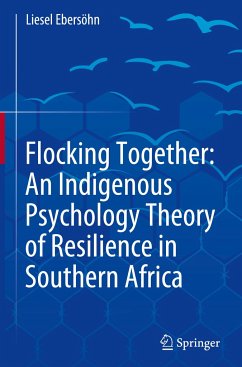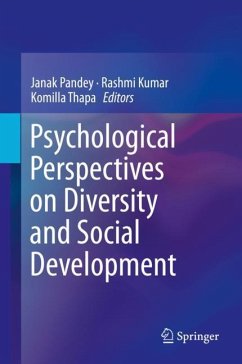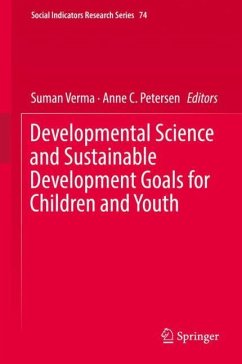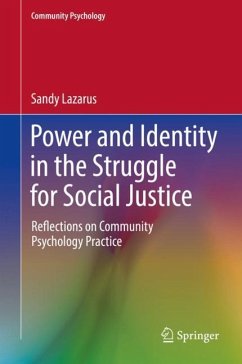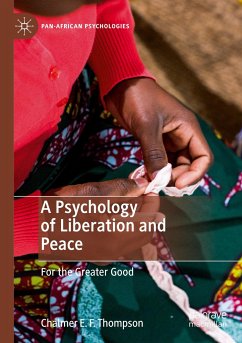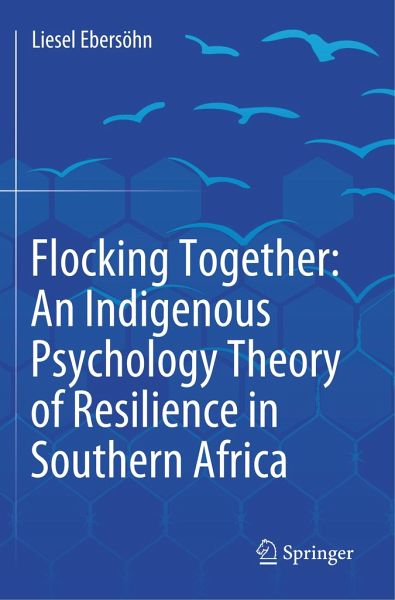
Flocking Together: An Indigenous Psychology Theory of Resilience in Southern Africa
Versandkostenfrei!
Versandfertig in 6-10 Tagen
83,99 €
inkl. MwSt.
Weitere Ausgaben:

PAYBACK Punkte
42 °P sammeln!
This book describes how those individuals who are often most marginalised in postcolonial societies draw on age-old, non-western knowledge systems to adapt to the hardships characteristic of unequal societies in transformation. It highlights robust indigenous pathways and resilience responses used by elders and young people in urban and rural settings in challenging Southern African settings (South Africa, Namibia, Lesotho and Swaziland) to explain an Indigenous Psychology theory. Flocking (rather than fighting, fleeing, freezing or fainting) is explained as a default collectivist, collaborati...
This book describes how those individuals who are often most marginalised in postcolonial societies draw on age-old, non-western knowledge systems to adapt to the hardships characteristic of unequal societies in transformation. It highlights robust indigenous pathways and resilience responses used by elders and young people in urban and rural settings in challenging Southern African settings (South Africa, Namibia, Lesotho and Swaziland) to explain an Indigenous Psychology theory. Flocking (rather than fighting, fleeing, freezing or fainting) is explained as a default collectivist, collaborative and pragmatic social innovation to provide communal care and support when resources are constrained, and needs are par for the course. Flocking is used to address, amongst others, climate change (drought and energy use in particular), lack of household income and securing livelihoods, food and nutrition, chronic disease (specifically HIV / AIDS and tuberculosis), barriers to access services(education, healthcare, social welfare support), as well as leisure and wellbeing. The book further deliberates whether the continued use of such an entrenched socio-cultural response mollifies citizens and decision-makers into accepting inequality, or whether it could also be used to spark citizen agency and disrupt longstanding structural disparities.



